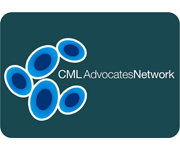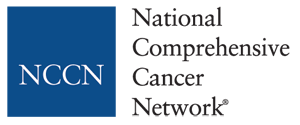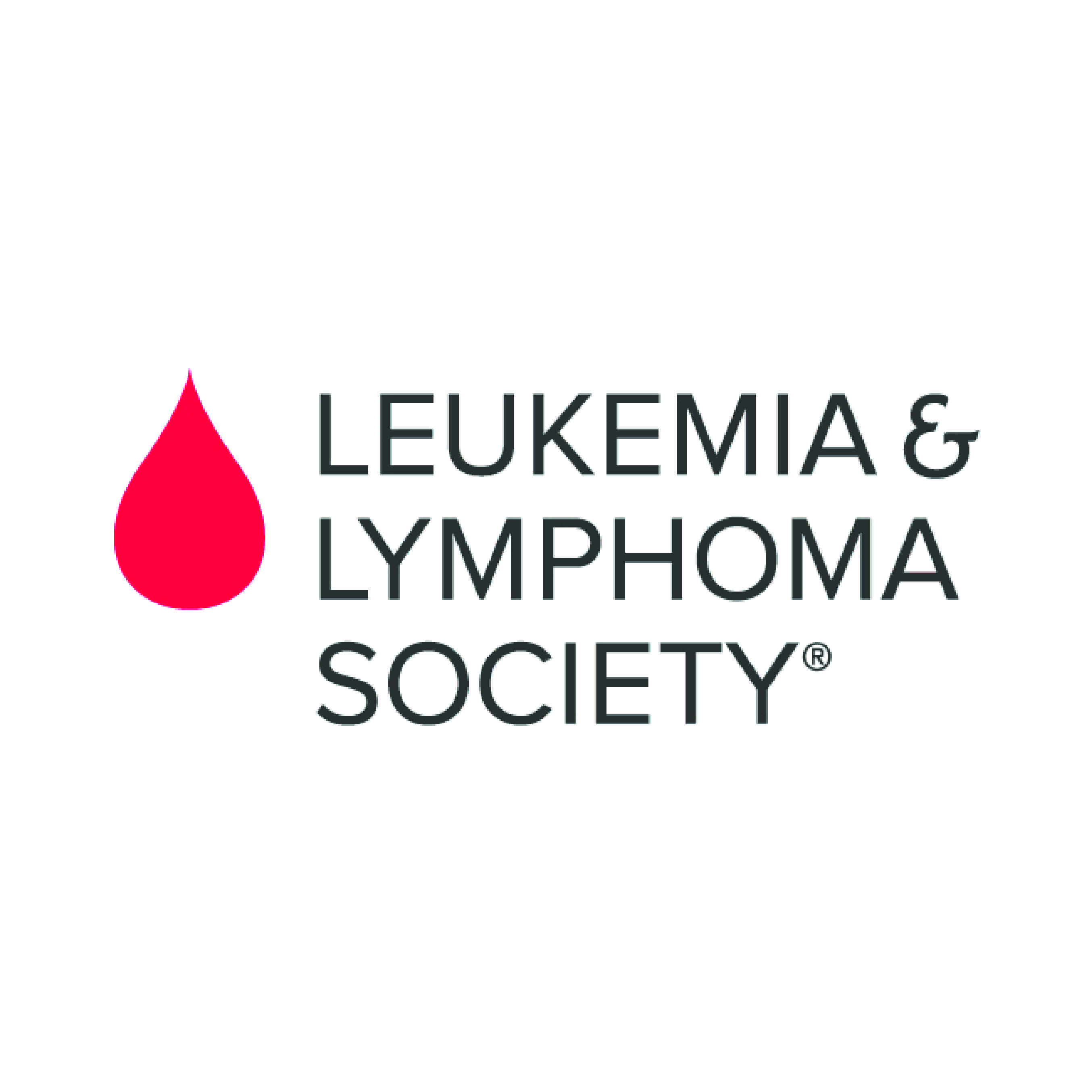Patient Access and Support Programs
CML Life is a patient support programme for people with CML supported by Incyte
CML Life has a range of features, designed to help improve the lives of everyone affected by CML, including:
- CML Hub, articles, videos, and infographics to help increase your ability to manage your CML

- Mindfulness podcasts, to help with relaxation and anxiety reduction
- Health tracker, to help track progress over time
- Appointment guide, tips and guidance about what to discuss with their healthcare professional
CML Diagnosis & Management
On this section you will find all information related to CML diagnosis and management. We aim to guide you through the journey from your first diagnosis to the continuous monitoring and management of your disease as part of your daily life routine.
Diagnosis
When you suspect suffering from chronic myeloid leukemia and present yourself to your doctor a couple of assessments is needed to confirm your diagnosis and the stage of your disease. Also after therapy has been initiated the careful monitoring of response to treatment is essential to ensure that you are on track to achieve long-term disease control.
Watch an educational video on testing and monitoring
Here is an educational video on testing and monitoring provided by our trusted partner CML Advocates Network that help you understand what you need to know about diagnostic laboratory testing and disease monitoring. You will hear that most people who are being diagnosed with CML can lead full and active lives with little or moderated side effects and to achieve long-term treatment remission as long as regular testing and monitoring is followed and medication is taken as prescribed.
We invite you to watch another educational video on PCR testing provided by the Leukemia & Lymphoma Society to learn more about the importance of polymerase chain reaction (PCR) testing and ongoing monitoring of CML. PCR is a very specialised test looking for the BCR-ABL gene that defines leukemia. The regular PCR testing can give an early warning sign if the medication is not working the right way even before anything else like blood counts e.g. changes.
Guidelines
A clinical guideline (also called a medical guideline) is a document with the aim of guiding decisions regarding diagnosis, management, and treatment for a specific disease area. A healthcare provider is obliged to know the medical guidelines of his or her profession, and has to decide whether or not to follow the recommendations of a guideline for an individual treatment. Clinical guidelines identify, summarize and evaluate the highest quality evidence and most current data. Then they define the most important questions related to clinical practice and identify all possible decision options and their outcomes.
Read patient-friendly summaries of clinical guidelines on CML
The CML management recommendations may be difficult for patients to understand. A workgroup of CML patients of the CML Advocates Network, advised by medical experts, has developed a document in lay language to provide CML patients with a simplified summary of the information contained in the ELN Recommendations. We hope this patient-friendly summary of the 2013 ELN guidelines now available in 20 different languages will be a helpful tool for you to discuss CML disease management and treatment choices with your doctor.
Read NCCN Guidelines for patients
Another resource of information for patients is the NCCN Guidelines for patients written by the National Comprehensive CancerNetwork®. These are based on the guidelines written for doctors and explain which tests and treatments are recommended by experts in CML. The National Comprehensive Cancer Network® (NCCN) is a non-profit alliance of 26 of the world leading Cancer Centres.
Generic TKI's
A generic drug is a pharmaceutical drug that is equivalent to a brand-name product in dosage, strength, route of administration, quality, performance, and intended use. In most cases, generic products become available after the patent protections afforded to a drug's original developer expire. With imatinib patent – a commonly used drug for CML – expiring in many countries over a period from 2013 and 2019 generic versions become available for CML treatment in more and more countries.
The iCMLf welcomes that generic drugs can help to increase the availability of affordable medicines and to contain health care costs especially in those countries with limited resources like the emerging markets. But the iCMLf also raises concerns over the impact on quality and safety of CML treatment if products are switched for non-medical reason.
Learn more about CML generic TKI's
If you want to learn more about generic drugs for CML we recommend to you the ‘Resource and knowledge Center on CML generics, copy drugs and substandard drugs’ run by the CML Advocates Network.
Side Effects
Your treatment for CML can have side effects and these side effects can affect each person differently. Knowing about potential side effects from your CML treatment will help you to discuss possible side effects with your doctor and to learn how to manage them.
Watch a video on side effects of CML treatment
We are delighted to provide you with a link to an educational video on side effects that tells you all you need to know about side effects and how to manage them provided by the CML Advocates Network.











